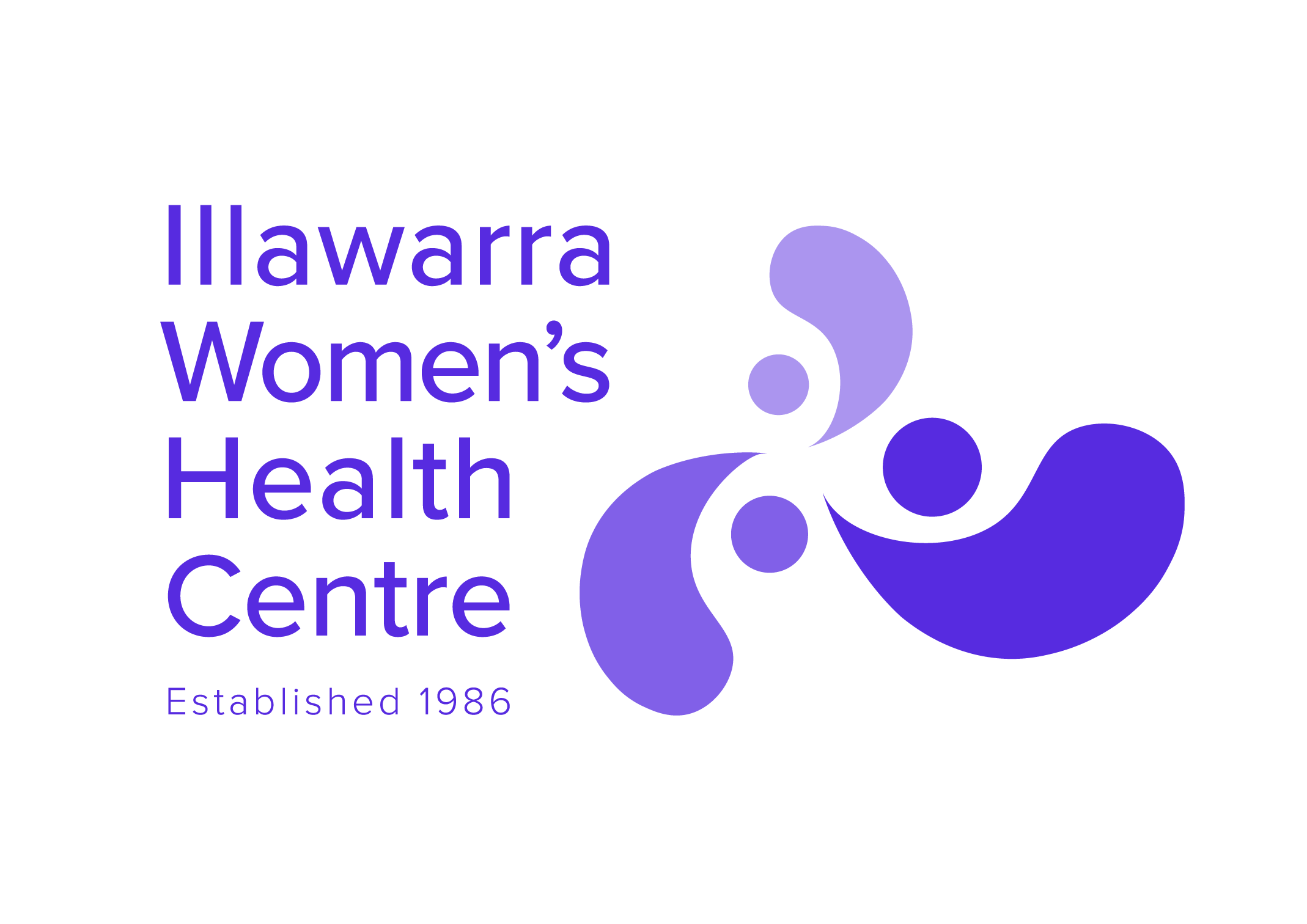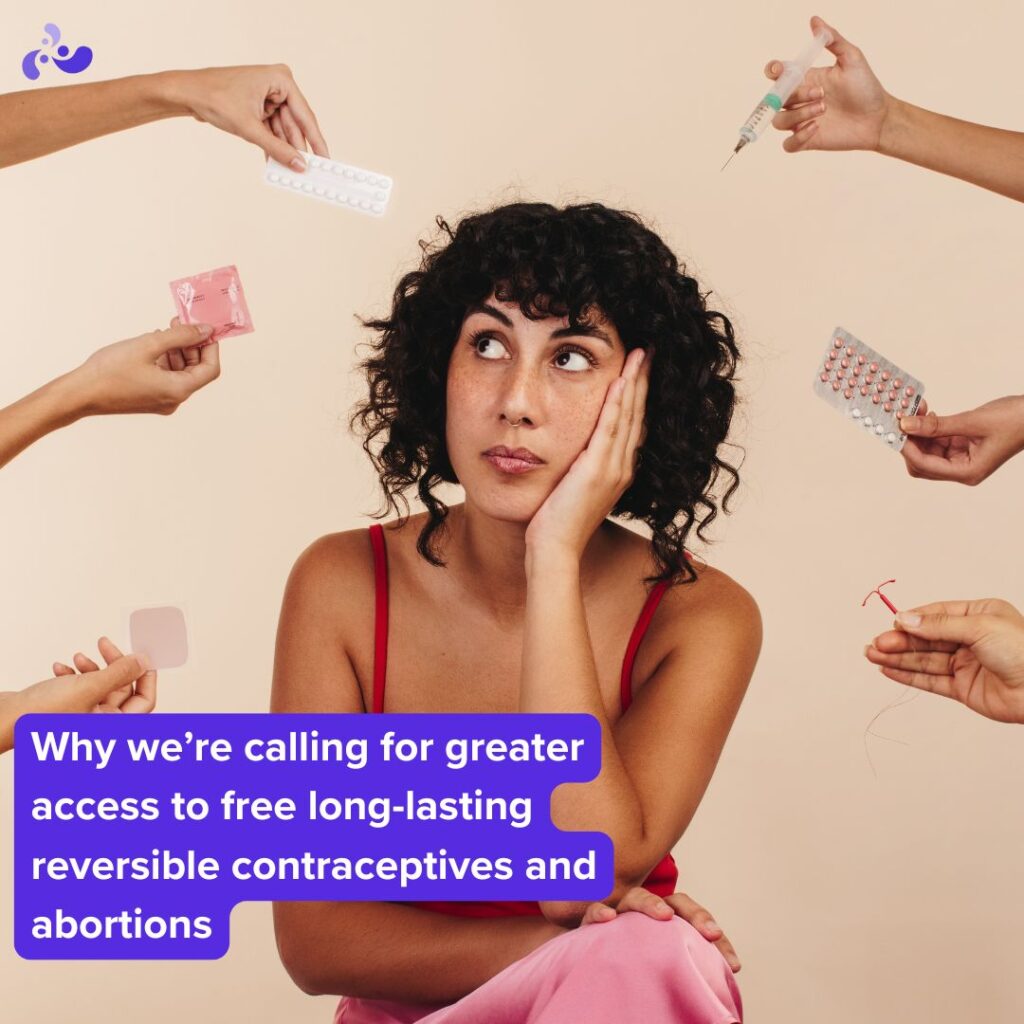Women’s health advocates are calling for free access to contraception and abortion across Australia, following new national research showing these measures could help prevent a hidden but widespread form of gendered violence called reproductive coercion and abuse.
The study, led by the University of Newcastle and based on data from the Australian Longitudinal Study on Women’s Health, found 4.5% of women aged 43-48 had experienced reproductive coercion by a current or former partner. The study notes that reproductive coercion is almost as common as chronic conditions such as diabetes, cardiac disease and cancer.
The study said: “Although reproductive coercion is not as prevalent as other forms of intimate partner or sexual violence, our findings suggest that it may affect a considerable proportion of women in Australia.
“Indeed, it is almost as common as many well-recognised chronic health conditions in the 43 to 48-year-old cohort, such as diabetes, cardiac disease, and cancer. Despite this, reproductive coercion has received comparatively little attention to date in policy and practice.”
Reproductive coercion occurs when someone uses violence, threats or deception to control another person’s reproductive choices, including sabotaging contraception, pressuring pregnancy, or forcing an abortion. It is most often perpetrated by men against women and is strongly linked to intimate partner violence.
The research found that women who faced financial hardship early in life were twice as likely to experience reproductive coercion later on. Advocates say this underscores the role of economic control in coercion, and the urgent need to remove cost barriers to women-led reproductive healthcare.
“Women shouldn’t have to rely on contraceptive methods that can be tampered with simply because they can’t afford more secure options,” said Sally Stevenson, Executive Director of the Illawarra Women’s Health Centre.
“Removing cost barriers to long-acting, women-controlled contraception such as IUDs and implants is vital for genuine reproductive choice and autonomy.”
The Illawarra Women’s Health Centre can provide long-acting, reversible contraceptives for free through its Nurse Practitioner and has seen a 240 per cent increase in take-up by women in the past six months.
“There’s strong demand for long-acting reversible contraception in the Illawarra, yet affordability and availability continue to stand in the way,” said Ms Stevenson.
A briefing from Women’s Health NSW on the research recommends free and geographically equitable abortion care, particularly in rural and regional areas, where travel and financial costs can be used by perpetrators to prevent women from accessing timely care.
Women’s Health NSW warns that despite its prevalence, reproductive coercion remains poorly understood by the public and under-recognised within health systems, recommending screening for reproductive coercion during consultations on abortion, sexual health, or even smoking cessation could help identify women at risk.
“This research could be used to inform when we screen for reproductive coercion. For example, Centres working with adult survivors of child sexual abuse may wish to ensure practitioners screen for reproductive coercion.
“We might consider screening when we provide services relating to abortion, as abortions can be both forced and necessary when women experience reproductive coercion,” it said.
The Illawarra Women’s Health Centre’s Nurse Practitioner can support women’s sexual and reproductive health needs in a trauma-informed and non-judgmental environment. We also offer free non-directive pregnancy choices counselling.
Contact us on 4255 6800 to find out more.

